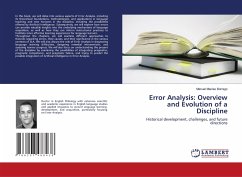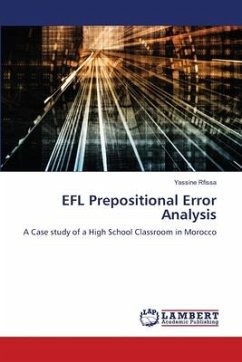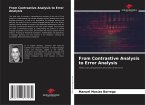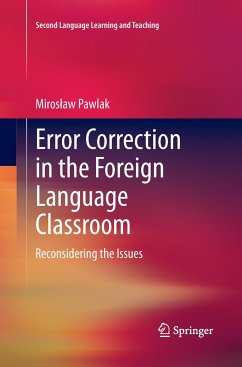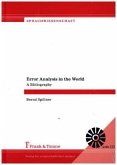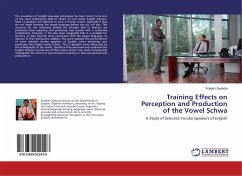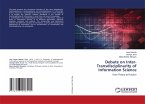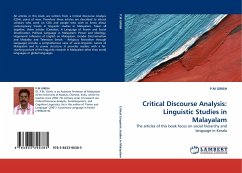In this book, we will delve into various aspects of Error Analysis, including its theoretical foundations, methodologies, and applications in language teaching and new horizons in the discipline, including the possibilities offered by Artificial Intelligence. Subsequently, we will explore how errors can provide valuable insights into the underlying mechanisms of language acquisition, as well as how they can inform instructional practices to facilitate more effective learning experiences for language learners. Throughout the chapters, we will examine different approaches to theories regarding errors, their causes, and their significance in the various contexts of SLA. We will also discuss the role of Error Analysis in diagnosing language learning difficulties, designing remedial interventions, and assessing learner progress. We will also focus on understanding the present of the discipline by examining the possibilities of integrating pragmatics, pragmatic competence, and pragmatic failure, and trying to predict the possible integration of Artificial Intelligence in Error Analysis.
Bitte wählen Sie Ihr Anliegen aus.
Rechnungen
Retourenschein anfordern
Bestellstatus
Storno

